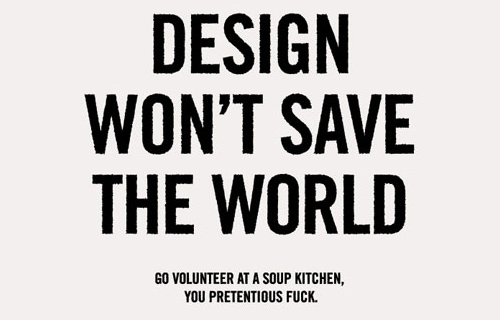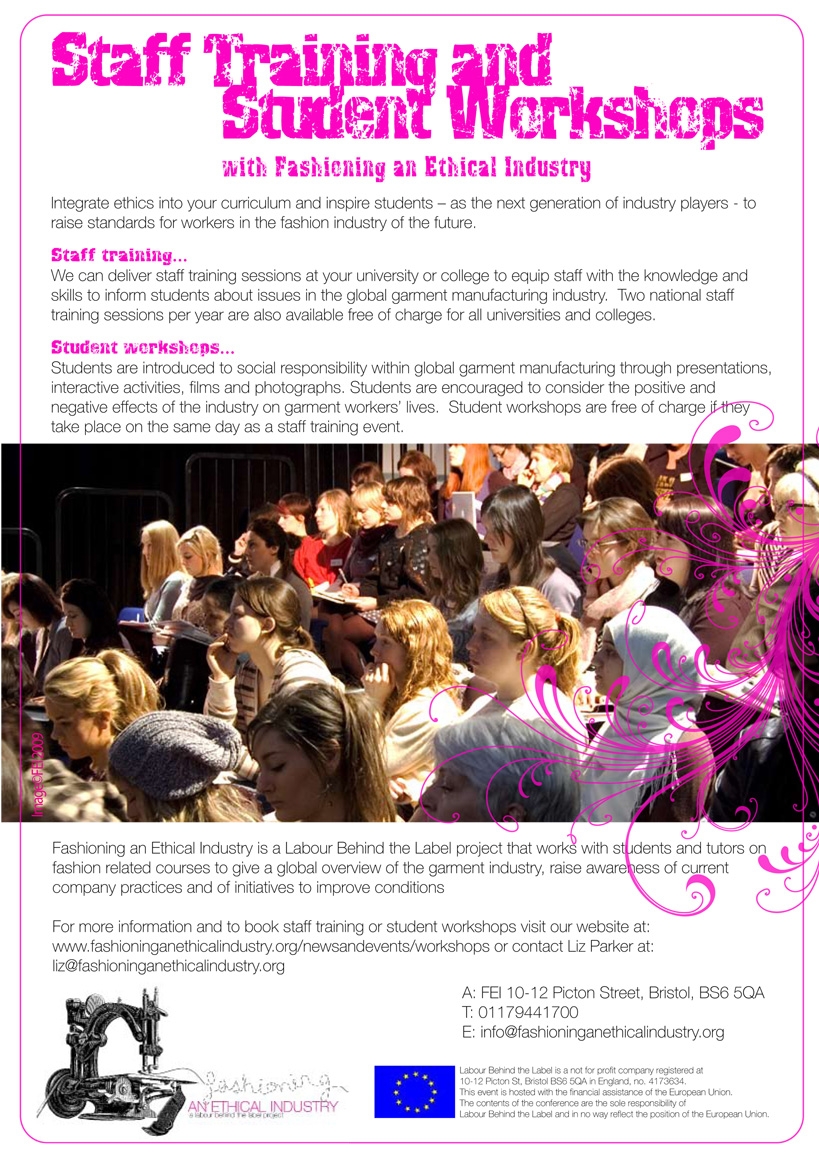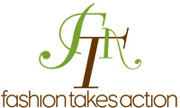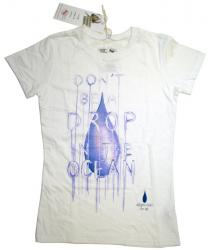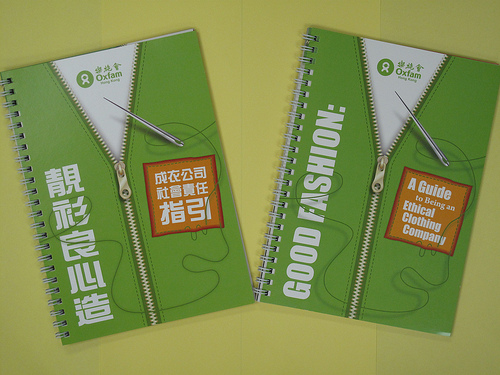This week, Michael Roller challenged young designers to reconsider saving the world.
Stop Saving the World
…Unless you actually are. Designers have identified that their skills can help people beyond the mass markets of the first world, but we’re far from making a big impact on our own. The truth is, some designers like talking about making a difference more than they like actually doing it. Raising awareness is only a small first step towards fixing one of the world’s many problems. If you really want to make a difference, think about volunteering at a soup kitchen…or moving to India.
Ramsey Ford is an industrial designer who recently took on this challenge by moving to India and starting the non-profit Design Impact. “Last year, I attended the ‘Design for a Better World’ conference at RISD. What struck me most about the conference was that the common thread was not design, but entrepreneurship. The mantra for the weekend seemed to be, ‘shut up and do it’.” Ramsey plans to make a real difference by gaining empathy for India’s true design needs. Admittedly, this is pretty bold, but what have you done lately to design a better future?
Rolland is merely advising recent graduates to, in a sense, shut-up and get-started already. In the context of ‘self-promotion’, selling your personal brand as ‘sustainable’ or ‘green’ (or whatever buzz word you happen to run with) is really nothing above insult if you are not in fact taking this challenge seriously.
Matthew E. May wrote “Design Thinking 101” earlier this month and cited the Wikipedia definition of the process (taken from a 1969 book by Herbert Simon called The Sciences of the Artificial):
Design thinking is a process for practical, creative resolution of problems or issues that looks for an improved future result. It is the essential ability to combine empathy, creativity and rationality to meet user needs and drive business success. Unlike analytical thinking, design thinking is a creative process based around the “building up” of ideas.
Pergaps the real challenge is for designers to stay away from Design Thinking as a brand image alone, and move creatively toward incorporating the process into every aspect of their work.
Source: Core 77, Open Forum
